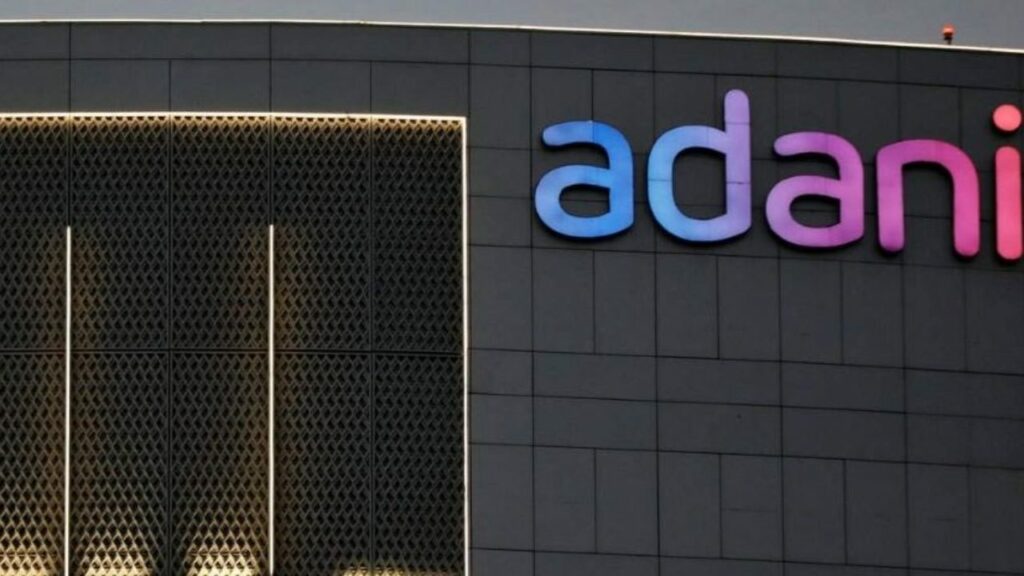Adani Group said it doesn’t intend to enter India’s telecom industry.

Background
Adani, the world’s third-richest man according to Forbes, has been diversifying his empire from ports to energy to now owning a media company.
However the company has kept its distance from India’s telecom sector, where rival Reliance Industries’ Jio became the top player by offering low-cost services since its launch in 2016.
“We have no plans or ambitions in telecom,” Jugeshinder Singh, Adani Group’s chief financial officer.
Eyeing private space
The conglomerate’s separate unit Adani Data Networks purchased airwaves worth nearly $27 million in the 5G auction last year.
However, at the time it said it has no plans to offer consumer services and is instead aiming to enter the private 5G network space.
It is planning to offer 5G services for enterprises this year.
Chairman and founder Gautam Adani also announced his plans to invest in growing the network of data centres, developing AI-ML and industrial cloud capabilities, introducing B2C apps, and more in a New Year’s address to his employees.
5G auction bid
At last year’s 5G auction it placed its bid, but for Rs 212 crore it could only buy 400 MHz spectrum.
With this the company cannot offer consumer telephony since it hasn’t acquired spectrum in all 5G bands.
Hence its foray into providing private network services to enterprises, including its own.
Rivals
Meanwhile major telecom players Bharti Airtel and Mahindra Group signed the first private 5G network deal.
Jio has stated that it will use private 5G as a major revenue stream in the future.
TCS is also expected to join the race.
For a total of Rs 88,078 crore, Reliance Jio acquired 24,740 MHz of 5G spectrum.
Bharti Airtel purchased 19,867 MHz of 5G spectrum for Rs 43,084 crore.
Present 5G India domain
Currently, only Airtel and Jio provide 5G services in India.
Jio is the sole provider in India to use the 700 MHz band and 5G standalone access (SA).
The conglomerate’s aggressive expansion into sectors such as cement and healthcare has invited scrutiny over its elevated debt levels, while its large promoter shareholding has triggered concerns.
Its proposed mega $2.5 billion follow-on which launches later this month, will be used for capital expenditure and to pay off debt at its units, the company has said.
“… (We are) doing the FPO to bring in new shareholders; wanted to expand shareholder register,” Singh said.











